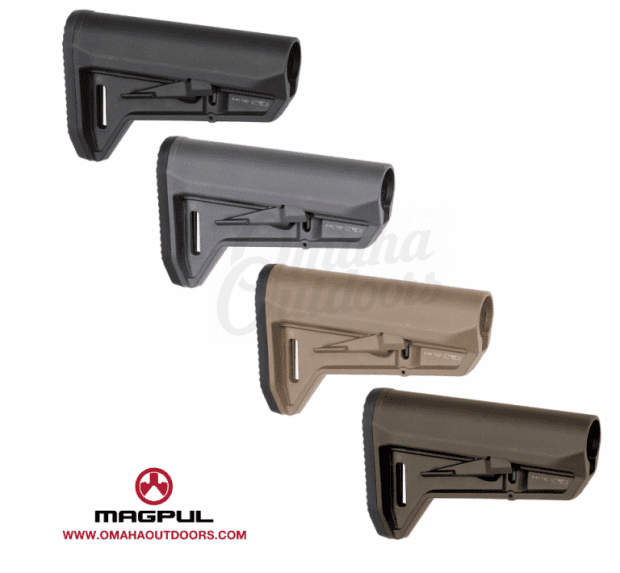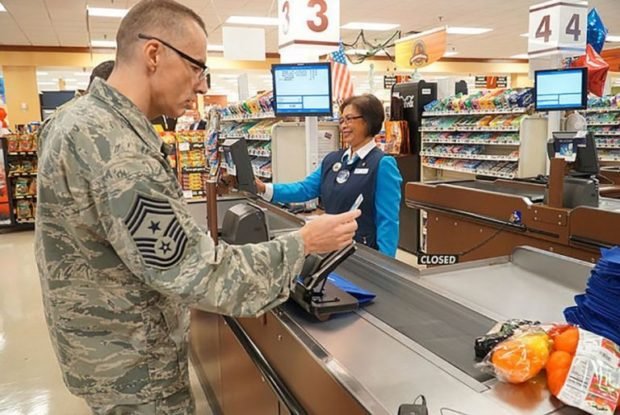How to Get a Class 3 Firearms License

Machine guns, short-barreled rifles and shotguns, silencers, and All Other Weapons (AOWs) are the weapons and related accessories that are regulated by the National Firearms Act of 1934, and for gun enthusiasts, there isn’t a more confusing collection of misinterpreted laws in existence. For example, many folks believe owning a silencer is unlawful, or it’s a federal crime to possess a short-barreled shotgun. Although these items are regulated, they are not illegal in a vast majority of states. Buying one is entirely achievable through a dealer with the appropriate licensure, but the wait times on the paperwork involved is often months. If you’re a resourceful gun owner, who wants to cut that time down to a reasonable amount, or if you’re a firearm dealer looking to add the ability to transfer these firearms and other weapons to customers, then obtaining a Class 3 Firearms License is something you might want to investigate.
What is a Class 3 Firearms License?
First of all, this license doesn’t exist in the eyes of the ATF. It’s a name that’s been blanketed over what the ATF refers to as a Special Occupational Tax or SOT. Any dealer or individual who already possesses a Federal Firearms License can apply for SOT status with the US Department of Justice using this form here. Dealers will want to select the “Tax Class 3-Dealer in Firearms” choice in Section II of the form and prepare to write a check for $500.00 annually, due every year by July 1st. If you wish to import or manufacture regulated firearms, you will need to select either Class 1 or 2 on the form. Once you, as an FFL license holder, become a SOT licensed dealer, processing times on machine guns, short-barreled rifles and shotguns, silencers, and AOWs is dramatically shorter.
What if you don’t have a Federal Firearms License?
If you’re an individual who plans on engaging in the business of dealing in firearms, even if that enterprise is conducted in the home or on the internet, then obtaining an FFL is imperative. Also, if building guns and customizing weapons is just a hobby for you, it doesn’t hurt to look into becoming an FFL, just in case you want to make a profit on some of your creations. This process consists of filling out the application form, selecting what license type you are applying for, supplying the supporting materials, including fingerprint cards and photographs, and paying the assigned fee, which ranges from $30.00 for relics collectors to $3000.00 for dealing in or manufacturing destructive devices. Your application then goes under review by the Federal Firearms Licensing Center (FFLC) background checks will be conducted, and, if everything checks out, you will schedule an interview with an Industry Operations Investigator (IOI) who will discuss federal, state, and local requirements. Once you have your FFL, you can then apply for SOT status.
When you become a Federal Firearms License holder, and add a SOT approval to your files, you open the door to a wealth of opportunities. You can freely buy and sell guns and hard to find accessories, become a dealer for customized firearms and parts from manufactures like Magpul at Omaha Outdoors, and further your own legally responsible firearm ownership and the law-abiding gun ownership of others.




